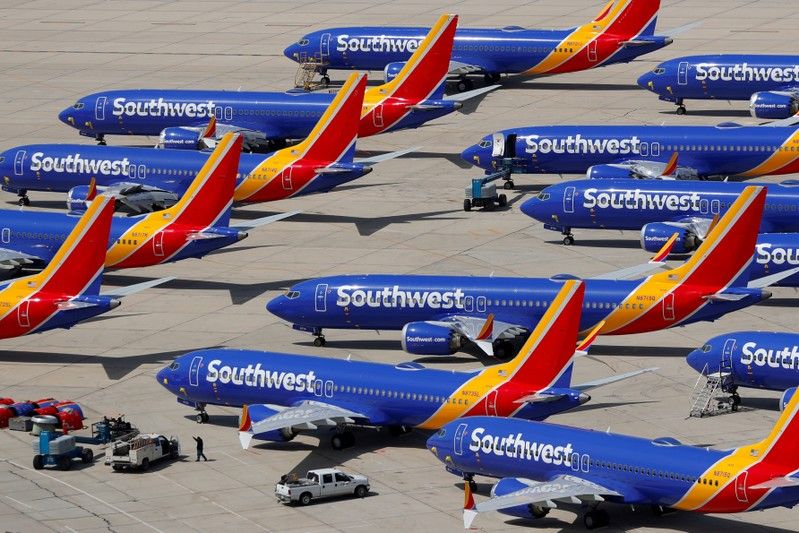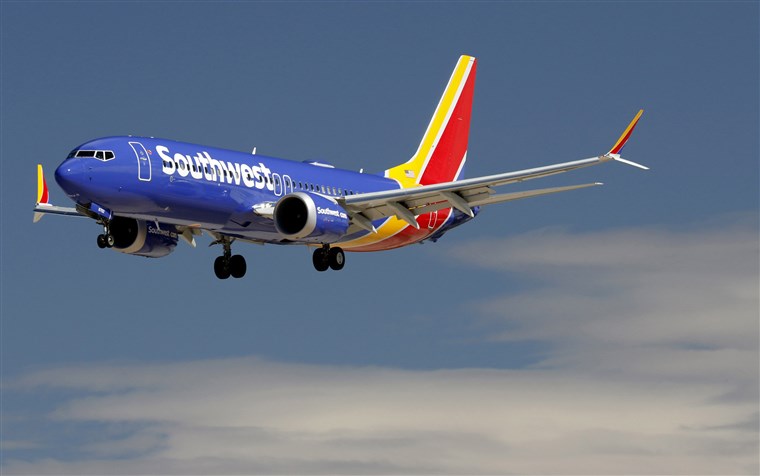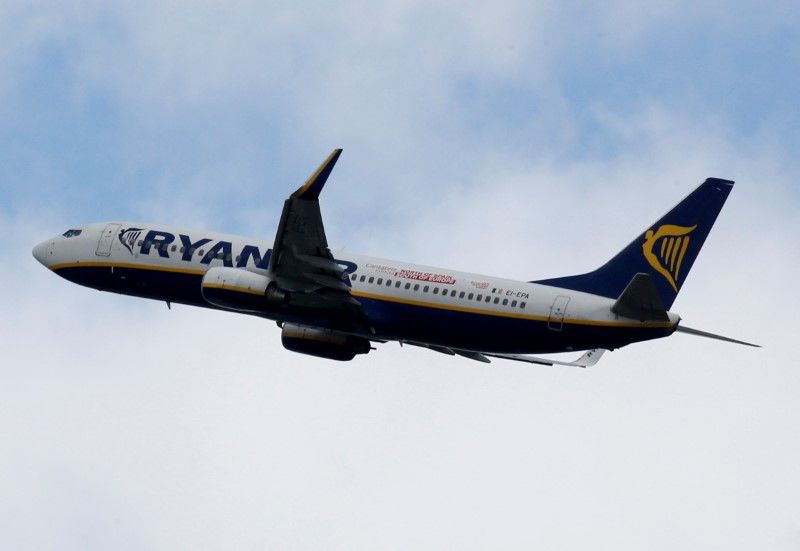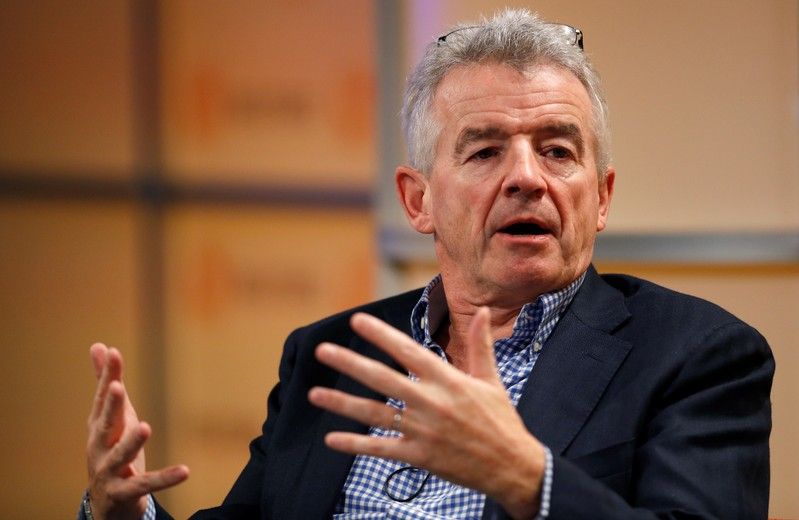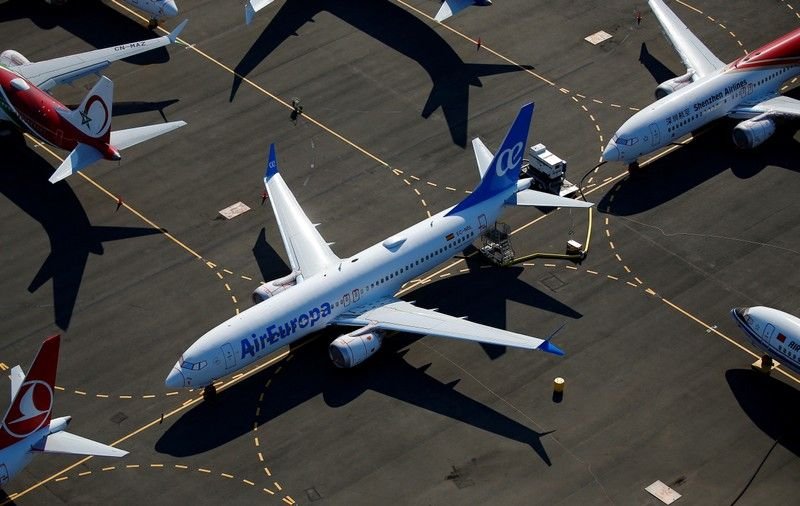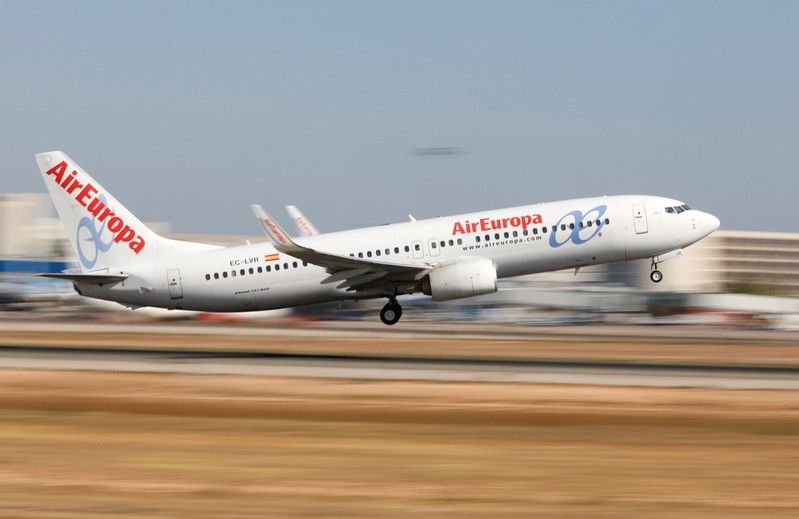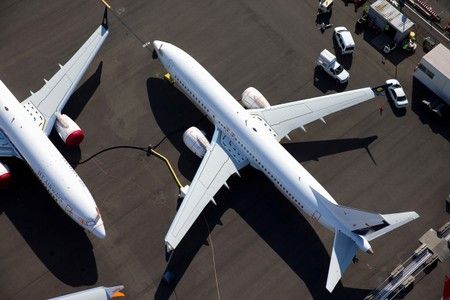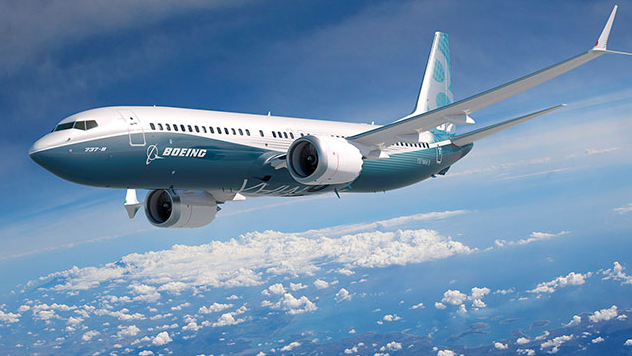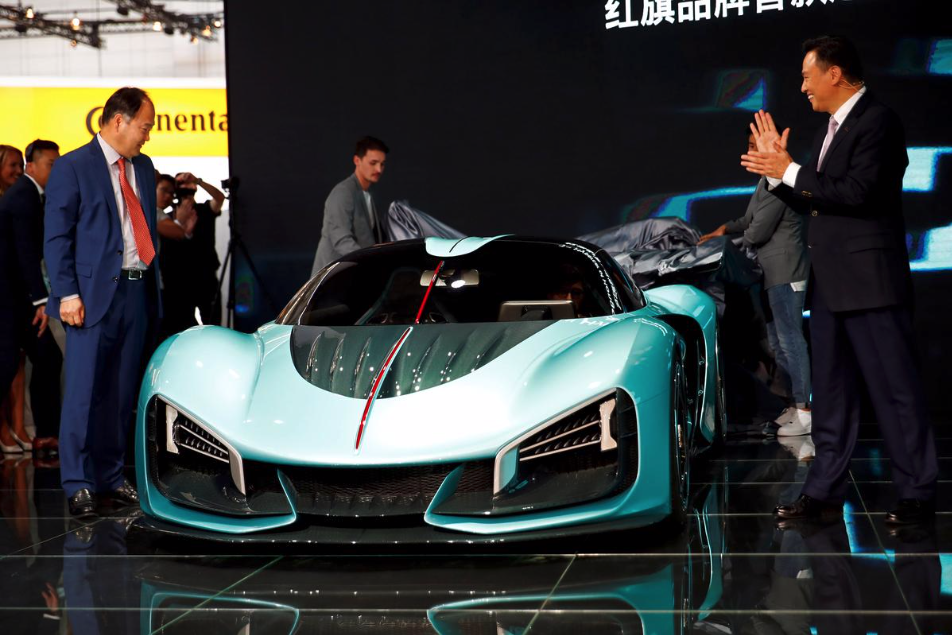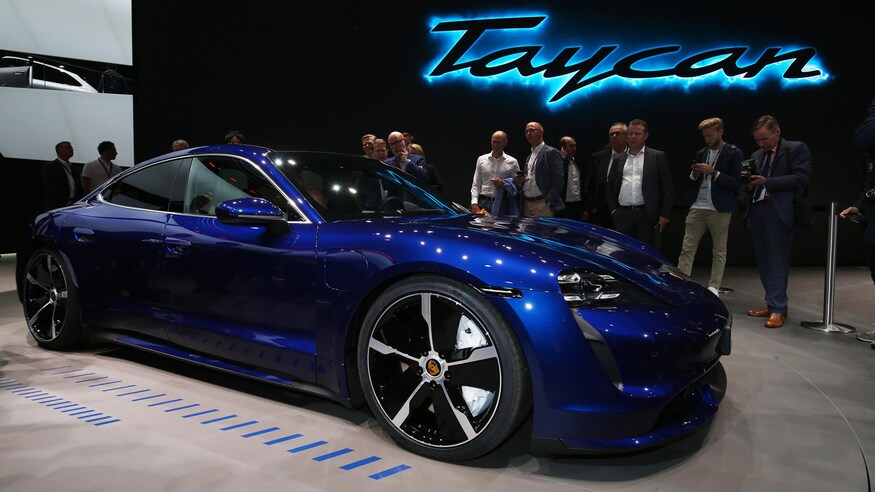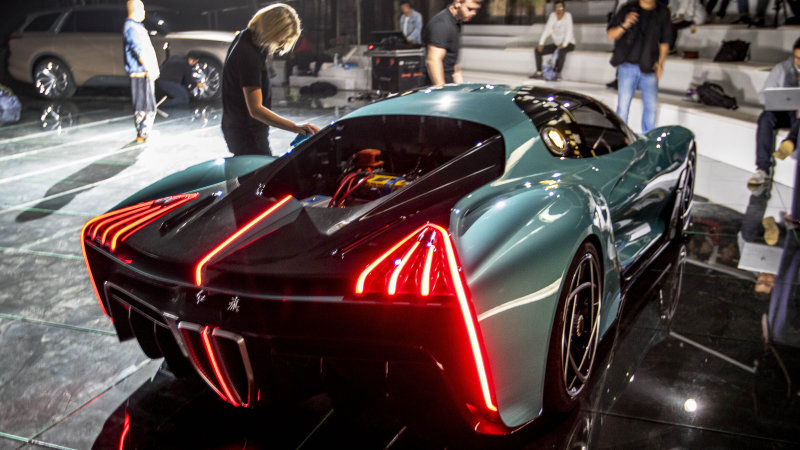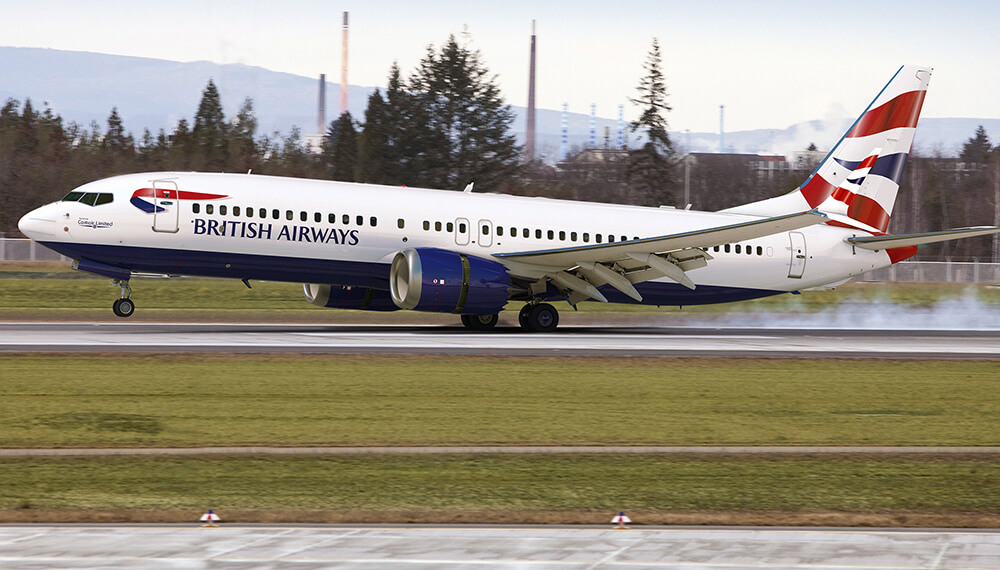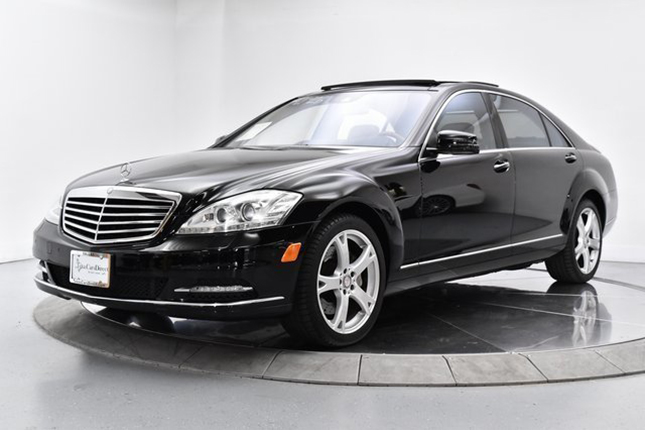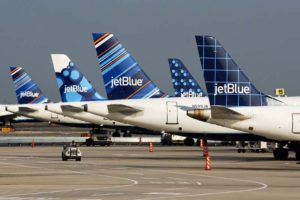BRUSSELS, Dec 5 (Reuters) – An association representing minority investors in Brazil is lobbying European antitrust regulators to spike a deal between planemakers Embraer SA and Boeing Co, calling it a killer acquisition.
Aurelio Valporto, the head of minority investor association Abradin, said the European Commission should block Boeing’s proposed $4.2 billion purchase of 80% Embraer’s commercial passenger jet division or demand hefty concessions.
“What will be left from Embraer won’t survive, and even if it was possible to survive, Embraer wouldn’t be able to produce any aircraft with 50 passengers or more,” Valporto said in an interview late on Wednesday, arguing that Embraer and Boeing planes compete in the marketplace.
Embraer’s commercial jet division focuses on the 70 to 150-seat segment, competing directly with the CSeries jets designed by Bombardier Inc, a division that was bought by Europe’s Airbus SE.
Boeing aims to take control of Embraer’s commercial jet business, its most profitable, to compete directly with Airbus in the market for planes with fewer than 150 seats.
Embraer said in a statement on Thursday that the deal will “serve the interests of shareholders by enabling Embraer to expand markets and increase sales.” The deal was backed by around 97% of Embraer’s shareholders earlier this year.
Valporto complained about the deal to the European Commission two months ago, saying it hurt competition in the Brazilian aerospace industry, and on Wednesday took his grievance to antitrust officials in Brasilia.
The deal has already been approved by regulators in the United States, China and Japan. If it closes, Embraer will receive dividends from its remaining 20% stake in the commercial jet business, but will have to rely more heavily on its business jets and defense divisions to turn a profit. Those two divisions have posted losses in recent quarters.
The European Commission, which launched a full-scale investigation into the deal in October, declined to comment.
Boeing said it and Embraer had been engaged with the European Commission and other global regulatory authorities since late last year.
“We continue to co-operate with the European Commission and CADE as they assess our transaction and look forward to a positive resolution,” a spokesman for the company said.
The EU has voiced concerns the deal would remove Embraer, the world’s third-largest commercial aircraft maker, from the industry, an indication that it may demand significant concessions from Boeing.
The EU regulator halted its investigation last month while waiting for Boeing to submit data on the deal.
(Reporting by Foo Yun Chee in Brussels Additional reporting by Marcelo Rochabrun in Sao Paulo Editing by Kirsten Donovan and Matthew Lewis)

